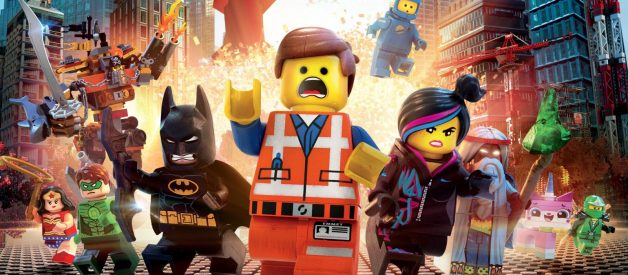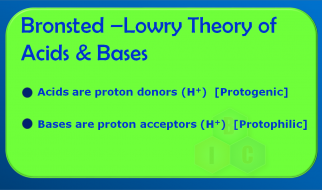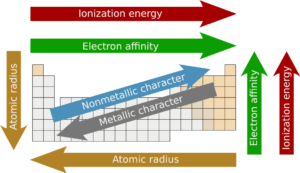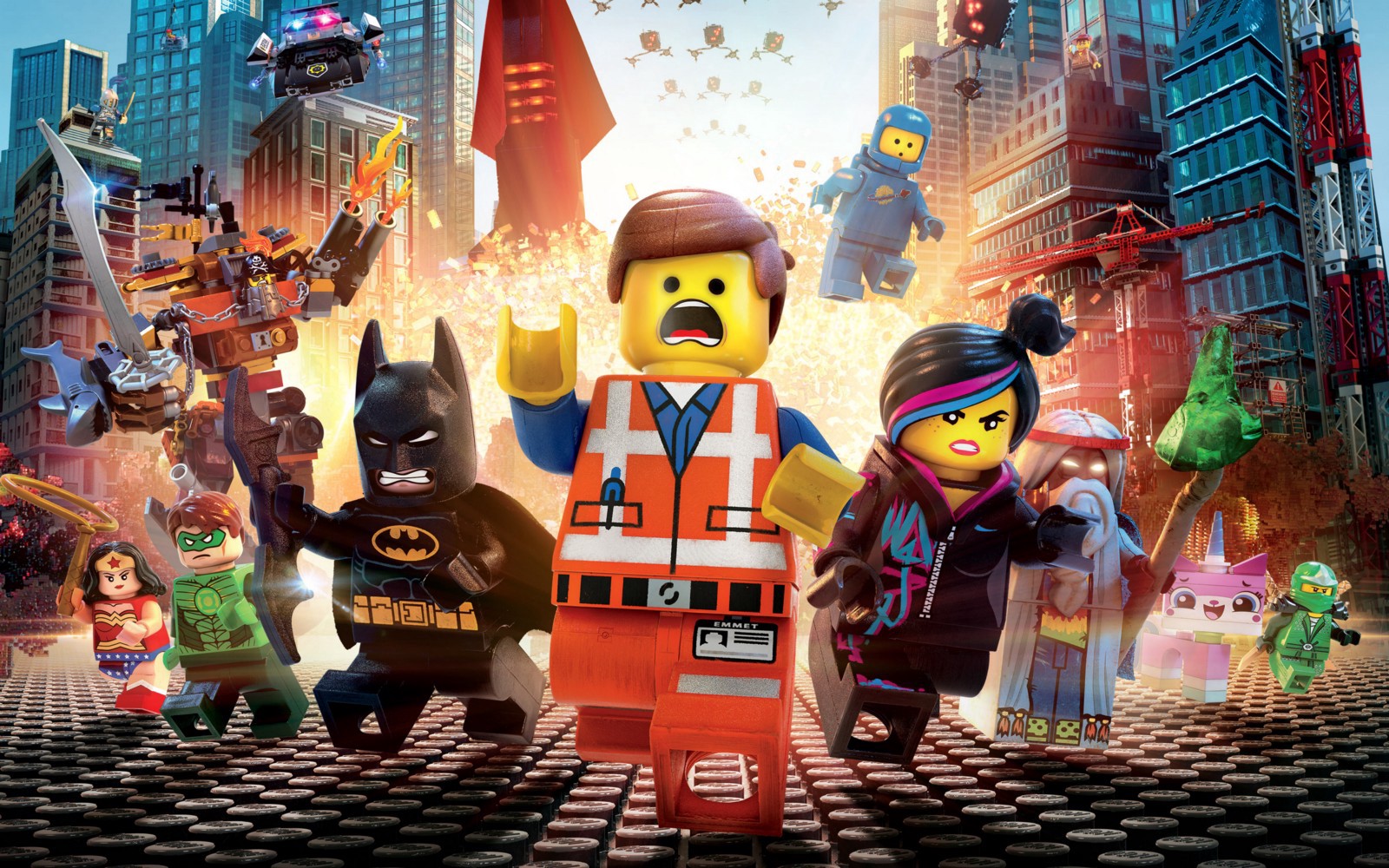
As more and more people turn to ad-blockers and signup for commercial-free streaming platforms, brands are increasingly shifting focus from traditional advertising to entertaining original programming.
?Branded entertainment? is an umbrella term for all brand produced content where the goal is to have audiences watch or engage with the same mindset they would a film or tv series ? as opposed to more traditional forms of advertising where brand messages can be placed before or during the experience of other unrelated content.
In other words, the goal is to create content audiences watch because they want to, not because they can?t skip it.
Branded Entertainment vs. Content Marketing
Understandably, one is often wrongly accused of being the other. They both involve content creation for marketing purposes, but there is a clear distinction between the two.
?Content Marketing? is used to describe the creation and sharing of content where the goal is to indirectly stimulate interest in the products or services of a brand. E.g., a company selling organic food products might blog or produce a video about the top 10 benefits of going organic. This strategy can be very effective, but one of the downsides is that it works best when brand involvement is unclear. This has led today?s ad-avoidant audiences to increasingly turn a cold shoulder to this type of content, automatically assuming the content could be a marketing ploy.
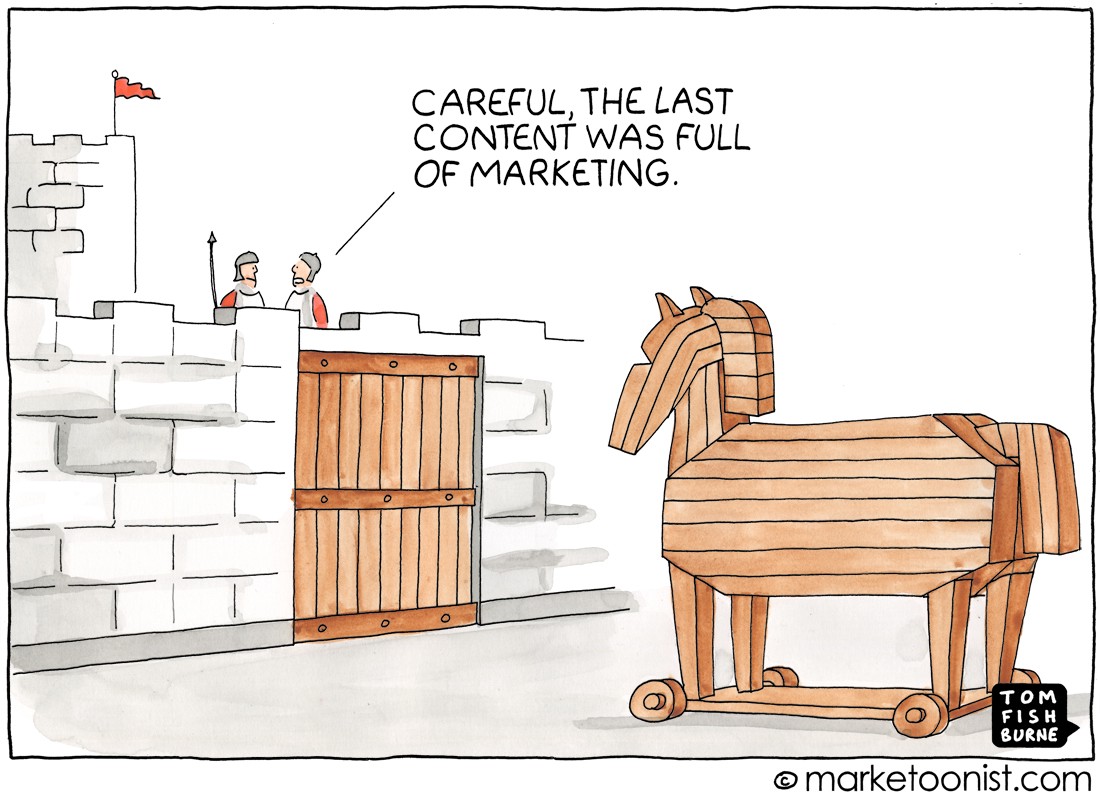
Branded Entertainment, on the other hand, is more transparent and by nature only works if the audience is fully aware that the content is paid for and produced by the brand. The same company selling organic food products might create a video about a day in the life of some interesting people who choose their product. This production process takes a backward approach to marketing. Instead of looking at a product, thinking ?how can we make content to sell this? ? it all starts with ?how can we make great content that people will enjoy? and then thinking how does it fit the brand or product, tweaking until the two are aligned.
Examples of Branded Entertainment
Some all-star cases of branded entertainment are, e.g., RedBull Stratos and The Lego Movie. Fortunately, there are ways to incorporate branded entertainment into your marketing strategy without producing a Hollywood feature film or sending humans into space.
Here?s how:

- Web Series
One of the most popular ways to do branded entertainment is through original programming published on brand social media channels. Web series allow brands to steadily raise awareness through stories that share their values, rather than direct product or service ads.
Consistent publishing and the balance between informative and entertaining are keys to the success of this strategy.
2. Content-driven PR ?Stunts?
The goal here is to create social media content entertaining or exciting enough to spark a wave of positive earned media and results in mass awareness for your brand or product. As an example of this strategy, you can check out this project we at Ketchup Creative worked on with Icelandic airline WOW air. Once a video appeared on their social media channels introducing ?the best summer job ever,? the internet took care of the rest.
When coming up with ?stunts? like these, it?s important to remember: Social media is about people, not your business. Provide for the people and the people will provide for you. ?Why would anyone care?? is a question never asked too many times.
3. Blockbuster Ads
This is where branded entertainment invades traditional ad turf.
Born and raised at the Super Bowl, blockbuster ads only became possible for brands without million-dollar budgets thanks to the rise of online video. The objective of these ads is to pack blockbuster-like entertainment value into the format of traditional ads, and therefore make the ad more memorable than the content people came to see.
Return of Investment
No matter how fun or trendy a marketing strategy might be, it?s only as good as its ROI.
Producing branded entertainment means deliberately refraining from any conventional ways of tracking clicks or conversions. The way to measure the impact of branded entertainment is in sync with changing online behavior, where people are less likely to comment or share brand posts directly ? while they are more likely to tweet about it or share to their Instagram story. This presents new challenges for marketers, who now seek out new ways of tracking the impact of their actions.
This fact has kept some smaller brands away from branded entertainment as the method is seen as too experimental, while big brands with more resources at their disposal have led the way.
But why did marketers start leaning towards branded entertainment in the first place? It?s rooted in the assumption that there is more value in turning people into fans than one-time customers through direct sales. Branded entertainment is considered a way to build trust and open positive dialogue between brands and people, delivering ROI in the long-term.
Thanks for taking the time to read. If you?d like to chat about marketing or other interesting stuff, feel free to say hi [email protected] ?
Ketchup Creative is an Iceland-based agency specializing in branded entertainment.
